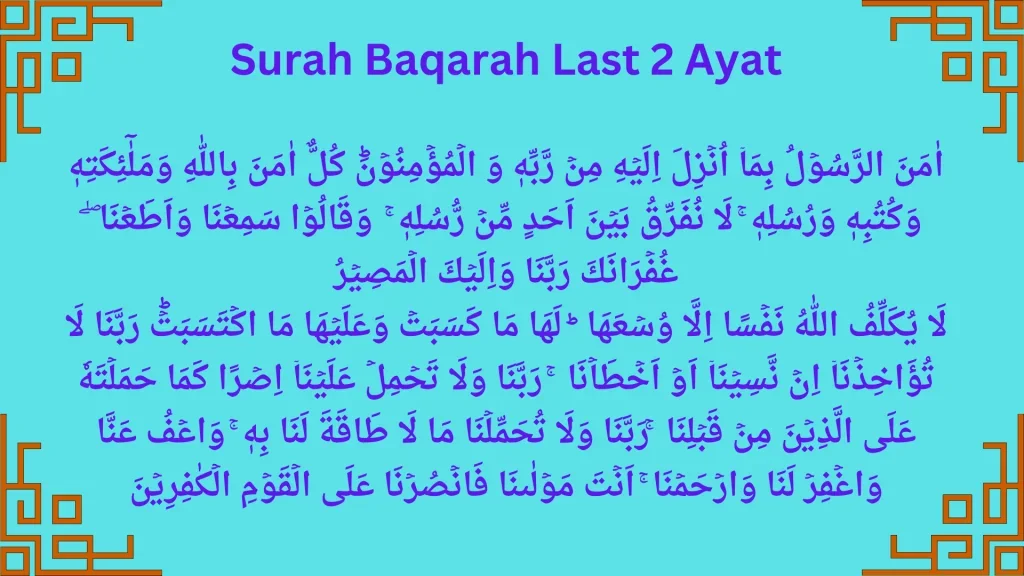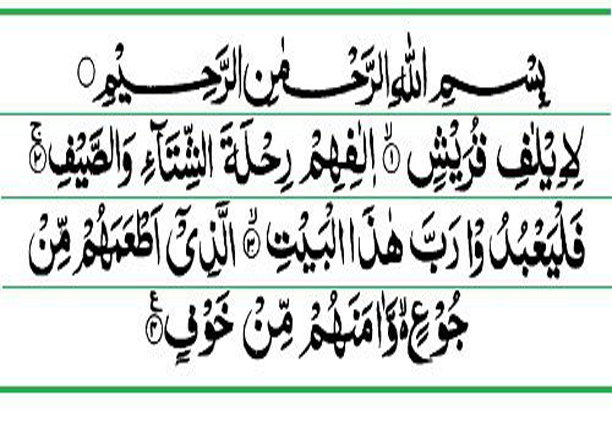The Qur’an is full of powerful stories that carry deep lessons for our lives. One of the most emotional and inspiring stories is the story of Prophet Yusuf (A.S.). In this blog, we’ll explore Surah Yusuf Ayat 80, a verse that shows a turning point in the story and teaches us about regret, patience, and trust in Allah’s plan.
What is Surah Yusuf Ayat 80 About?
Arabic Text
فَلَمَّا ٱسۡتَيۡـَٔسُواْ مِنۡهُ خَلَصُواْ نَجِيّٗاۖ قَالَ كَبِيرُهُمۡ أَلَمۡ تَعۡلَمُوٓاْ أَنَّ أَبَاكُمۡ قَدۡ أَخَذَ عَلَيۡكُم مَّوۡثِقٗا مِّنَ ٱللَّهِ وَمِن قَبۡلُ مَا فَرَّطتُّمۡ فِي يُوسُفَۖ فَلَنۡ أَبۡرَحَ ٱلۡأَرۡضَ حَتَّىٰ يَأۡذَنَ لِيٓ أَبِيٓ أَوۡ يَحۡكُمَ ٱللَّهُ لِيۖ وَهُوَ خَيۡرُ ٱلۡحَٰكِمِينَ
English Translation
“When they had lost all hope in him, they went aside to confer privately. The eldest of them said, ‘Do you not know that your father had taken a promise from you in Allah’s name and before this, you failed in your duty with Yusuf? So I will not leave this land until my father allows me or Allah decides for me. He is the best of judges.’”
(Surah Yusuf, 12:80)
Urdu Translation
’’پھر جب وہ اس (یوسف) سے ناامید ہوگئے تو علیحدہ ہو کر مشورہ کرنے لگے۔ ان میں جو بڑا تھا وہ بولا: کیا تم نہیں جانتے کہ تمہارے والد نے تم سے اللہ کے نام پر عہد لیا تھا؟ اور اس سے پہلے تم یوسف کے معاملے میں کوتاہی کر چکے ہو، لہٰذا میں تو اس سرزمین سے ہرگز نہیں جاؤں گا جب تک میرے والد مجھے اجازت نہ دیں یا اللہ میرے حق میں کوئی فیصلہ فرما دے، اور وہ سب سے بہتر فیصلہ کرنے والا ہے۔‘‘
(سورۃ یوسف، آیت 80)
The Background of This Ayah
This ayah happens after Prophet Yusuf (A.S.), who is now a powerful minister in Egypt, keeps his younger brother Binyamin with him. The brothers, who had once thrown Yusuf into a well, now feel stuck. They are scared to go back to their father Yaqub (A.S.) without Binyamin because they had promised to protect him.
One brother, the eldest, decides not to return home. He feels guilty and chooses to stay behind until they find a solution. This verse shows a moment of deep regret, reflection, and realization.
Tafsir (Explanation) of Surah Yusuf Ayat 80
According to Ibn Kathir, this verse shows how the brothers finally started to feel the weight of their past mistakes. Their hearts had changed. The eldest brother reminds the others of their broken promises and past failure with Yusuf. He chooses to stay in Egypt out of guilt and responsibility.
Al-Jalalayn mentions that this moment is when they start turning back to righteousness. They are no longer acting out of jealousy or hatred. Instead, they are finally facing the truth.
This verse teaches us how guilt, when handled correctly, can lead to positive change and self-accountability.
Life Lessons from Surah Yusuf Ayat 80
- Regret is the First Step Toward Change
- The brother feels regret for their mistake with Yusuf. That regret leads to a better choice this time.
- Keep Your Promises
- They had made a promise to their father in Allah’s name. Breaking a promise, especially one made with Allah involved, is a serious matter in Islam.
- Take Responsibility
- The eldest brother didn’t run from the problem. He took a stand and chose to stay behind.
- Trust Allah’s Decision
- “He is the best of judges.” Even in this hard moment, the brother puts his trust in Allah.
How This Ayah Connects to Our Lives Today
This verse feels close to many of us. We all face moments where we make mistakes or disappoint loved ones. Sometimes, we don’t know how to fix things. This ayah teaches us that it’s never too late to change.
- Made a wrong decision in the past? Own it and do better next time.
- Feeling guilty about something? Use that feeling to grow closer to Allah.
- Stuck in a problem with no way out? Trust in Allah. His plan always has a purpose.
Surah Yusuf Ayat 80 in Prayer and Reflection
This ayah can be a source of personal reflection. It shows that even the most broken relationships can be healed. Even the worst mistakes can become lessons. When you’re praying and feel lost or ashamed, remember how these brothers felt, and how they found their way back.
You can also use this ayah in your dua to ask Allah for guidance, patience, and forgiveness.
Related Verses in the Quran
- Surah Yusuf Ayat 87 – “Do not lose hope in the mercy of Allah.”
- Surah Al-Baqarah Ayat 286 – “Allah does not burden a soul beyond what it can bear.”
- These verses work together to remind us: Allah understands our struggles and always leaves the door open for us to return.
Conclusion: A Verse Full of Meaning
Surah Yusuf Ayat 80 is more than just a part of a story, it’s a mirror to our lives. It reminds us to reflect, to feel deeply, and to fix our wrongs with sincerity. Allah’s mercy is always open, and no matter how far we fall, we can always rise again.
✨ Take a moment today to read this ayah, reflect on your journey, and reconnect with Allah the Almighty.
FAQs About Surah Yusuf Ayat 80
- What is the message of Surah Yusuf Ayat 80?
A message of regret, taking responsibility, and trusting Allah. - Who is speaking in this ayah?
The eldest brother of Yusuf (A.S.). - Why is this verse important?
It shows the beginning of real change in Yusuf’s brothers. - Can we recite this in prayer?
Yes, it can be part of reflection and dua. - What lesson can we learn from this ayah?
Don’t run from your mistakes — fix them and turn to Allah. - How does this verse relate to patience?
It shows patience in the face of guilt and uncertainty. - Where can I find this verse?
Surah Yusuf, Chapter 12, Verse 80 in the Quran. - What does “He is the best of judges” mean?
It means Allah’s decisions are always fair and wise. - Was the eldest brother punished?
No, he chose to stay and wait for a solution from Allah or his father. - How can I apply this verse in my life?
Reflect on your actions, keep your promises, and never lose hope.

